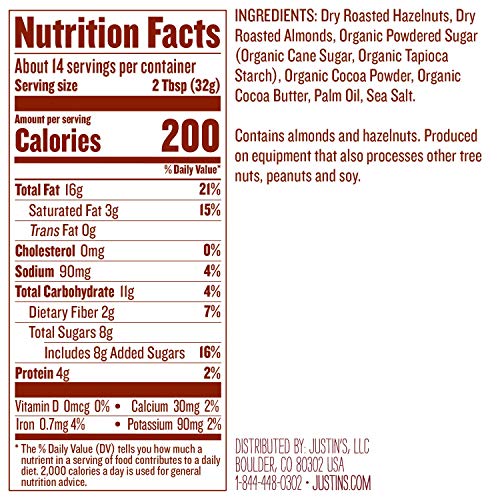Justin's Almond Butter Vanilla - 16 oz - 2 pc
Category: justin s almond butter packets

As the global population continues to grow, the demand for food production has also increased substantially. To meet this rising need, farmers and agricultural experts have explored various innovative techniques and technologies to enhance crop yields and improve overall food security. One such approach that has gained significant attention in recent years is the use of hydroponics, a soilless cultivation method.
Hydroponics is a method of growing plants without the use of soil. Instead, the plants are cultivated in a nutrient-rich water-based solution, where their roots are directly exposed to the essential minerals and nutrients they require for growth. This method offers several advantages over traditional soil-based agriculture, including increased productivity, efficient use of water, and the ability to grow crops in areas with limited or poor-quality soil.
One of the primary benefits of hydroponics is its potential to increase crop yields. By precisely controlling the nutrient composition and environmental conditions, such as temperature, light, and humidity, hydroponics allows for the optimization of plant growth and development. This results in higher yields per unit of land, making it an attractive option for farmers and urban growers who have limited space available.
Furthermore, hydroponics significantly reduces water consumption compared to traditional soil-based agriculture. In a soil-based system, a significant amount of water is lost to evaporation and runoff, whereas in a hydroponic system, the water is recirculated and reused, leading to a more efficient and sustainable use of this precious resource.
Another advantage of hydroponics is its ability to grow crops in areas with challenging soil conditions or limited arable land. By removing the dependence on soil, hydroponics can be implemented in urban settings, on rooftops, or in areas with poor soil quality, expanding the potential for food production in otherwise unfavorable locations.
Additionally, hydroponics offers greater control over the growing environment, allowing for the cultivation of a wider range of plant species and the production of crops year-round, regardless of seasonal changes or climate. This flexibility can be particularly beneficial in regions with harsh or unpredictable weather patterns, where traditional agriculture may be more vulnerable to environmental stresses.
While hydroponics presents numerous advantages, it also comes with its own set of challenges. Establishing and maintaining a hydroponic system requires a significant initial investment in equipment and infrastructure, such as grow lights, nutrient delivery systems, and climate control mechanisms. Additionally, the technical expertise needed to manage the delicate balance of nutrients, pH levels, and environmental conditions can be a barrier for some growers.
Despite these challenges, the potential of hydroponics to contribute to global food security and sustainability has led to increased research and development in this field. As technology continues to advance and the costs of implementation decrease, hydroponics is poised to play a more prominent role in the future of agriculture, offering a versatile and efficient solution to address the growing demand for food production.
product information:
| Attribute | Value | ||||
|---|---|---|---|---|---|
| is_discontinued_by_manufacturer | No | ||||
| package_dimensions | 7.01 x 6.5 x 2.99 inches; 2.2 Pounds | ||||
| best_sellers_rank | #422,796 in Grocery & Gourmet Food (See Top 100 in Grocery & Gourmet Food) #552 in Almond Butter | ||||
| customer_reviews |
|





















